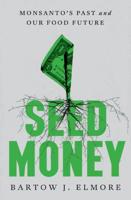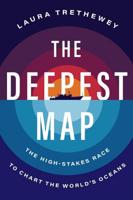Publisher's Synopsis
Biological invasions - the introduction of living organisms beyond their original range - are one of the main drivers of biodiversity loss. They are a major threat to human health and a source of pests and pathogens in the world's farms, forests and fisheries.
The growth of international trade and travel means that more species are being introduced to more places than ever before. This book represents the first concerted effort to understand the economic causes and consequences of biological invasions. The volume discusses the theoretical and methodological issues raised by invasion, including control strategies, modelling options, and a study of the economic, institutional and policy conditions that predispose countries to biological invasions. Also included are case studies of fisheries, agricultural systems, tropical forests and protected areas affected by invasive species in locations such as the Black Sea, Australia and Africa, and an evaluation of control programmes.
The Economics of Biological Invasions provides an important first step towards codification of the advice needed to develop decision rules, tools and protocols for the effective management of invasive biological species.
This volume will be a fascinating read for researchers, academics and students in ecology, economics and environmental science with an interest in the biodiversity problem. The book will also prove to be essential reading for policymakers responsible for health, agriculture, forestry, fisheries and the environment in both developed and developing countries.










